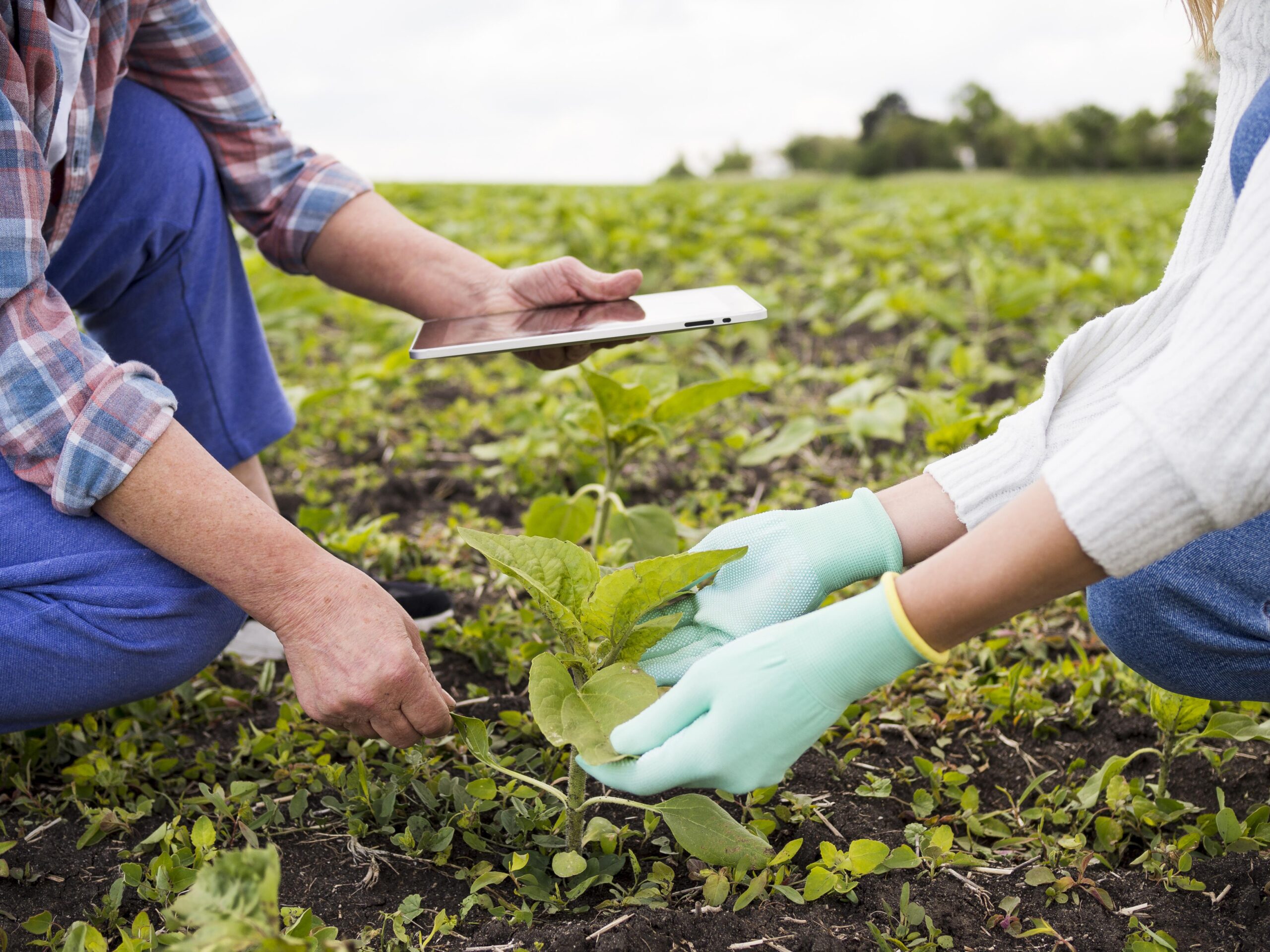Plant Nutrition
As with humans, plants need to be fed regularly and in a balanced way with nutrients in order to grow and produce good crops. In some cases, the minerals and vitamins found in the soil of the plants are not sufficient for the nutrition of the plants, and as a result, plant nutrition is required.
The fact that plants can be of high quality, efficient and more robust structure is related to their correct nutrition. Improper plant nutrition can lead to problems such as delayed plant growth, various diseases or poor quality products.
Plants and Their World as Essential Nutrients
Some of the essential elements that are necessary for plants to have a proper development are as follows;
· Potassium
· Phosphorus
· Nitrogen
Plants, which need many other elements, grow, develop and flower properly when they are fed by these three main elements. A missing element can cause various problems during the plant nutrition phase.
The Importance of Fertilization for Plant Nutrition
Fertilization, which is one of the stages of plant nutrition, is done in two ways:
· Organic Fertilization
· Chemical Fertilization
Organic fertilizer usually consists of manure from animals, green manure and natural substances called compost, while chemical fertilizer; It is formed by passing the elements that can directly affect the plant through certain purification processes.
The Function of Soil in Plant Nutrition
Soil analysis is one of the factors that constitute the first step in plant nutrition. The pH value of the plant soil, the amount of nutrients in the plant and the amount of organic matter are determined during soil analysis.
After the soil analysis, a specific fertilizer plan emerges according to the climatic conditions, type and development level of the plant. In this way, it is determined at which intervals and in which quantities the plant can be fertilized.
Plant Nutrition and Drip Irrigation
Thanks to the drip irrigation method, which is frequently used in agricultural lands with the development of modern agriculture, the use of liquid fertilizers in the plant nutrition phase by mixing them into irrigation systems both increases production and saves money.
Environmental Impacts and Plant Nutrition
When the feeding stage of plants is not carried out correctly, the balance in nature may be disrupted. Excessive use of fertilizers can cause pollution of underground waters, irregular and unbalanced pH, and increased salinization in the soil, while threatening the environment ecologically.
Plant Nutrition and Time
Plant nutrition is most efficient when it is applied at the right time. Nitrogen element given in plant nutrition immediately after germination plays an important role in plant growth. Again, if phosphorus remains in small amounts in plant nutrition at this time, root development may slow down and cause the plant to grow late.
Potassium just before flowering is very important for the formation of fruits. Weather is also one of the factors to be considered in plant nutrition.
https://www.sectortarim.com.tr/en/blog/what-is-plant-nutrition-and-how-is-it-done







